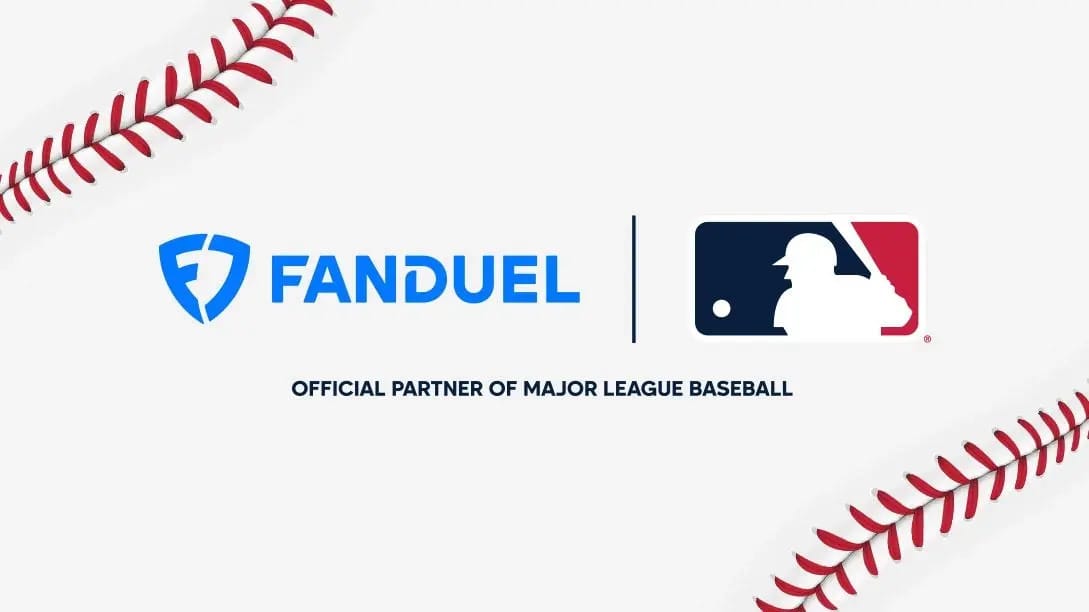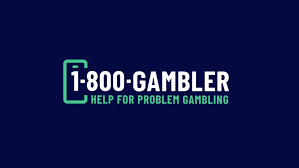- The Winning Shot Newsletter
- Posts
- The New Drug
The New Drug
How legal sports betting is creating America's next addiction crisis

Picture this, it's Super Bowl Sunday. A 23-year-old sits in his apartment, alone. He's not watching the game – he's watching his phone, obsessively tracking thirteen different prop bets. Will the first play be a run or pass? Will Patrick Mahomes throw for over 12.5 yards on his first completion? Will Travis Kelce score in the first quarter? His heart races with each snap, not because of the sport, but because of the money at stake. This isn't entertainment anymore. This is survival.
Welcome to modern sports fandom, where the line between fan and addict grows thinner by the day.
The Numbers Behind the High
According to the American Gaming Association, Americans legally wagered $93.2 billion on sports in 2022, and that number continues to surge. In states with mature markets, the average sports betting app user makes 3.8 bets per game day, with micro-betting allowing wagers on events as minor as the next pitch in baseball or the next possession in basketball.

The most troubling statistics come from demographic studies. Research from the National Council on Problem Gambling shows that 28% of sports bettors are between the ages of 21 and 34, making them the largest age group participating in sports betting. More concerning, 56% of these young bettors report starting within 18 months of legalization in their state.
The New Drug Dealers Wear Suits
The NFL currently maintains seven official betting partnerships, including DraftKings, FanDuel, and Caesars Entertainment. The NBA has six official sports betting operators, while the MLB has four. Each partnership is worth hundreds of millions of dollars annually. These aren't sponsorships – they're distribution deals, as calculated and precise as any cartel's territory mapping.

Nielsen Research reports that gambling advertisements during NFL broadcasts increased by 269% between 2018 and 2022. The NBA's League Pass now features live odds updates during games. According to MLB attendance data, 14 ballparks have betting kiosks on the premises. The product is everywhere and it's designed to be irresistible.
The Gateway Drug: Fantasy Sports to Gambling Pipeline
A 2023 study by the Journal of Gambling Studies found that 54% of daily fantasy sports players also regularly engage in traditional sports betting. The average monthly spend across both platforms is $638, with hardcore users reporting significantly higher amounts. The industry calls these people "engaged fans, " while addiction specialists call them "at-risk individuals."
Market research firm GWS Analytics reports that sports betting content on social media platforms reached unprecedented levels in 2023. Instagram betting-related content reaches an estimated 15.6 million unique users daily. TikTok's #sportsbetting and related hashtags accumulated over 8 billion views in 2023, with engagement rates tripling during major sporting events.
The Human Cost
The National Problem Gambling Helpline Network reported a 45% increase in calls between 2021 and 2023. The average gambling debt among those seeking treatment is $24,000, according to the International Journal of Mental Health and Addiction. More troublingly, their research shows that 37% of problem gamblers have contemplated suicide.

Treatment centers across the country report that the average age of patients seeking help has dropped from 43 to 36 since 2018. The Massachusetts Council on Gaming and Health documented a 112% increase in young adult gambling addiction cases since sports betting was legalized in the state.
The League's Cut
According to public financial reports, professional sports leagues generated $1.8 billion in direct revenue from sports betting partnerships in 2023. Morgan Stanley projects this figure to reach $2.1 billion in 2025. But that's just the beginning. Betting drives engagement, engagement drives viewership, and viewership drives advertising revenue. It's a perfect system – as long as you don't count the casualties.
The Future We're Betting On
And yet, here I sit, writing this article while simultaneously checking if Jokic will get over 32.5 points tonight. I've got a three-leg player prop parlay that would pay for a month's worth of groceries, and I'm convinced this is finally the Super Bowl my “Xavier Worthy first touchdown" bet hits. But hey, that Chiefs-Bills over hit last week, and that’ll pay the gas for the next couple of weeks. They say the first step is admitting you have a problem. I'll take that step right after I check if FanDuel has boosted odds on Tyrese Maxey's assists.
We're witnessing the birth of America's next great addiction crisis. But unlike previous epidemics, this one comes with official league partnerships, prime-time commercials, and government approval. The dealers don't hide in shadows – they're celebrated on Wall Street. The victims don't overdose in alleys – they decay slowly in plain sight, one bet at a time.
The question isn't whether this will become a full-blown crisis. The question is: how many lives will be destroyed before we acknowledge it already is one?
Social Media: The Digital Street Corner